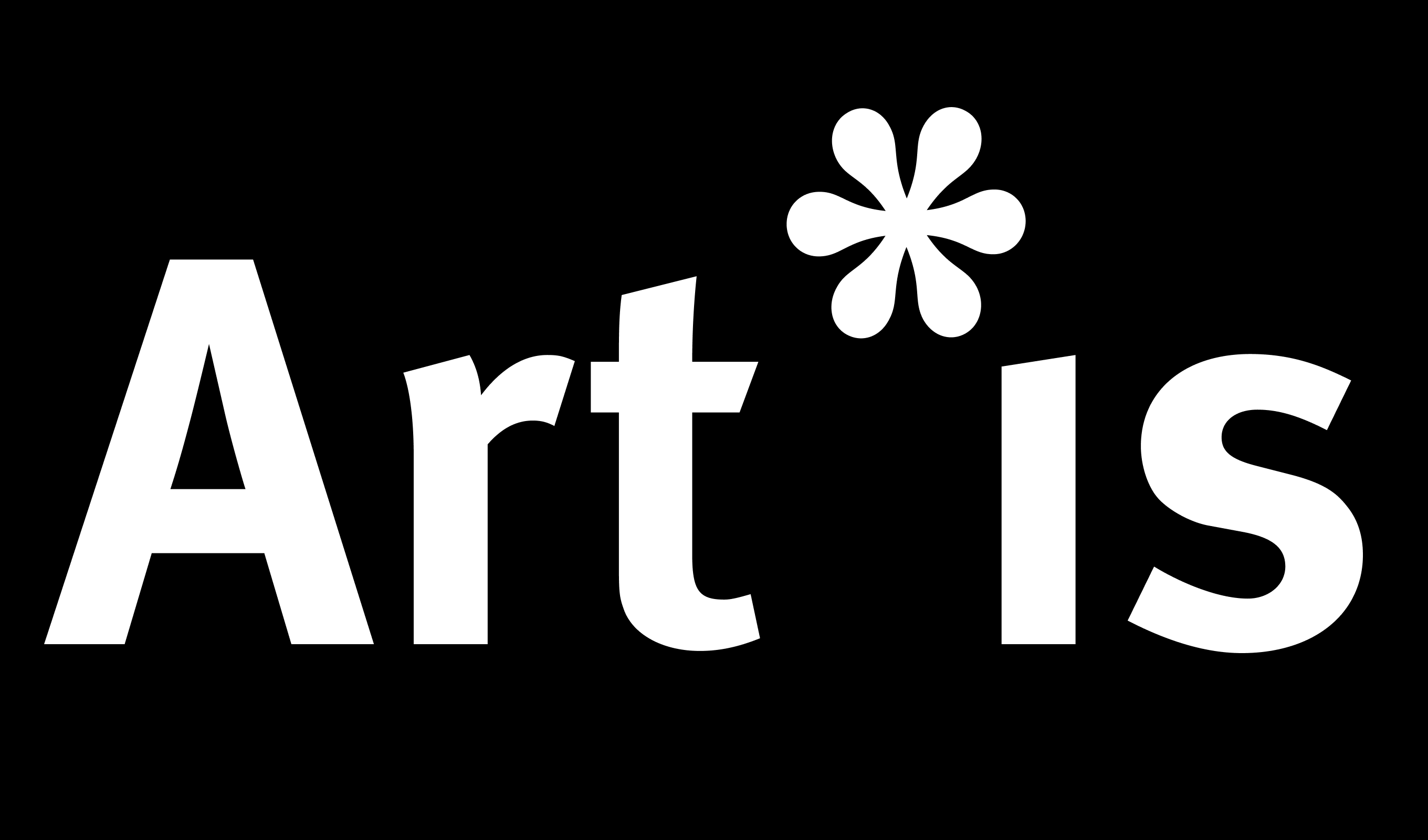Art has the power to change public debate, because it has the power to change each of us — Really? How, when, who, why?
ARTIS (Art and Research on Transformations of Individuals and Societies) is a EU Horizon 2020-funded project under the call “Societal Transformations and the Arts.”
We represent a first-of-its-kind consortium of research institutions in the social sciences, Art History, Philosophy, Art education, and Art and Cultural Policy:
- Aarhus University, School of Culture and Society, Interactive Minds Center
- Humboldt-Universität zu Berlin, Berlin School of Mind and Brain
- Interdisciplinary Forum Neurourbanism
- Kunsthochschule Weissensee, Berlin
- Royal Holloway, University of London (RHUL)
- University of Amsterdam, Faculty of Psychology
- University of Arts in Belgrade, Faculty of Dramatic Arts
- University of Oxford, Ruskin School of Arts
- University of Vienna, Faculty of Psychology
We argue that to make better policy that advances art’s efficacy, it is necessary to build a systematic program that combines empirical and theoretical research with perspectives of artists, art educators, and other art stakeholders. Our aims are to: Integrate state-of-the-art empirical approaches from psychology, neuroscience, and phenomenology to conduct a series of investigations that identify specific types of experiences with art. Connect these to changes at individual (neurocognitive, emotional, health) and societal (prosocial and political attitudes) levels. Capture these experiences in leading museums and urban centers across Europe and everyday life. Contextualize and challenge the empirical data using theoretical approaches from philosophy as well as political science and art criticism. Combine this empirical and theoretical focus with a series of interventions, workshops, and experimentations co-created with art schools, artists, and galleries. Translate the insights gained by our comprehensive methods and co-creations with artists into policy guidelines disseminated by key stakeholders in art and culture.
